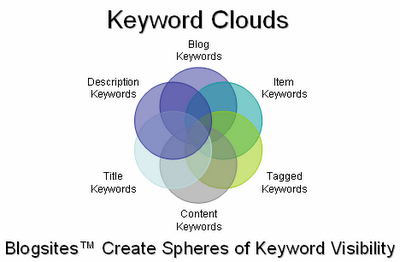Search Engine Optimization - SEO Articles for Beginners
 Search Engine Optimization
Search Engine Optimization - Use Keyword Rich Anchor Text
- Use ALT Tags
- Use Heading Tags
- Use Bold and Italics
- Use Correct File Names
- Keywords in URL
SEOAY is a SEO blog which provides daily search engine optimization/ search engine marketing news. Link Building and SEO articles, SEO services, SEO Blog, search engine optimization guides, SEO tools, Free Directory submissions for the promotion of your website.
 Search Engine Optimization
Search Engine Optimization 
The Title Tag
A Title should be informative about the web page content. It should be understandable outside of context. For example, "Introduction" is not a good page Title, but "Introduction to Search Engines" is a good Title. Important: The Title of a page appears as the link to your site in search engine results. Make it something your customers will be likely to click on!
The Description Tag
The description is the second most important element of the HEAD section. Although it is most often not used to determine search engine rankings, the Meta description is sometimes used as the description under your link in search engine results. A good web page description can mean the difference between someone clicking on your link or skimming down to your next competitor.
The Keyword Tag
Keywords have been so badly abused, that many search engine optimizers have declared them dead. Still, even if only a few search engines still use the keyword META tag, every lit bit helps. Keep them short and sweet. Don't repeat a keyword more than twice (some say don't ever repeat a keyword), and don't overstuff your keyword META tags. A good keyword tag has 5-20 well-chosen, succinct phrases that may or may not be separated by commas.
The Robots Tag
A robots Meta tag is meant to instruct search engine spiders or 'bots' in how to index--or not to index--your web site. The default is "index, follow", which means that without a robots META tag, the search engine spiders should assume you want them to index your site and follow its links.